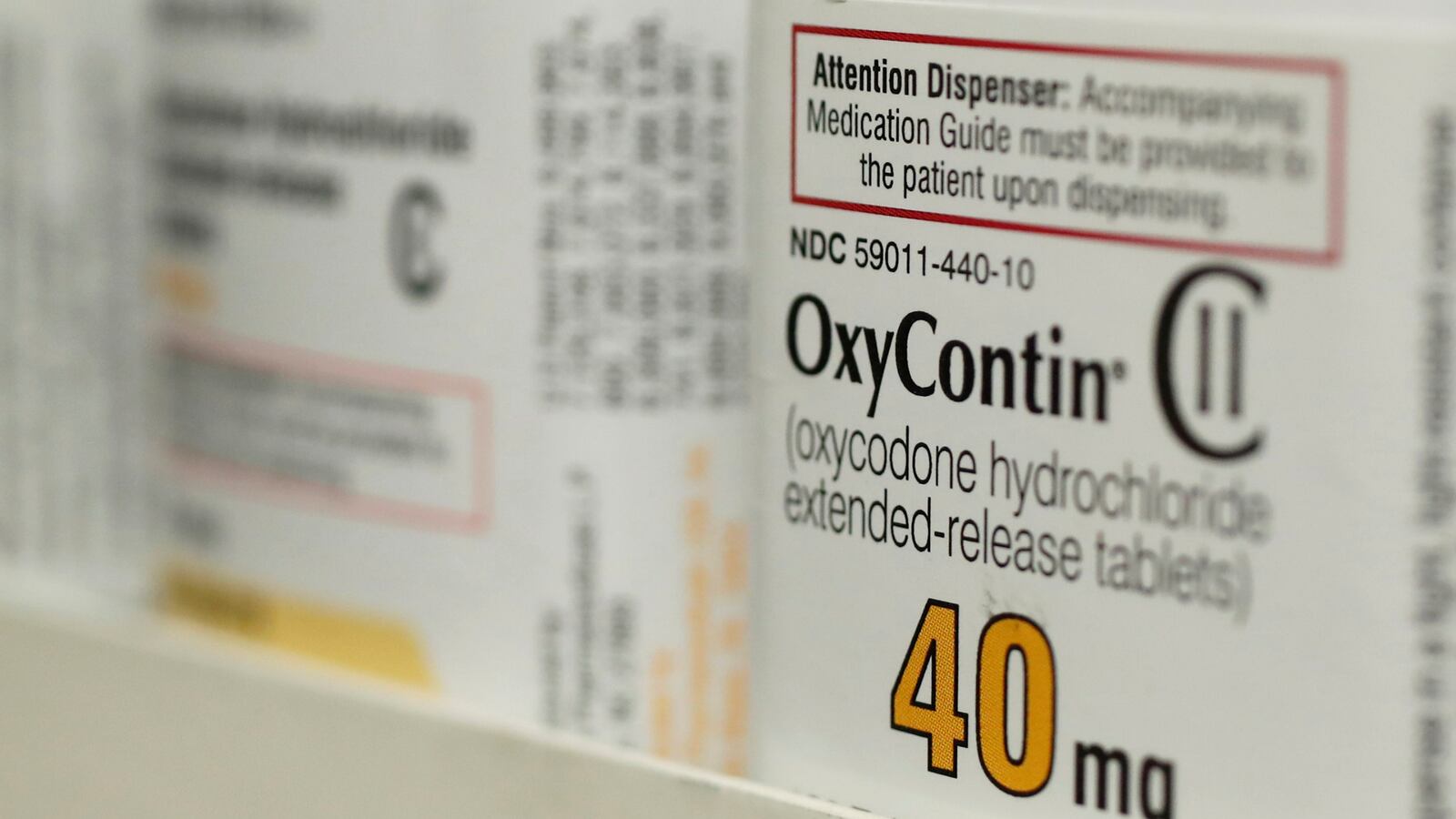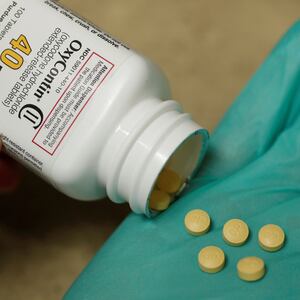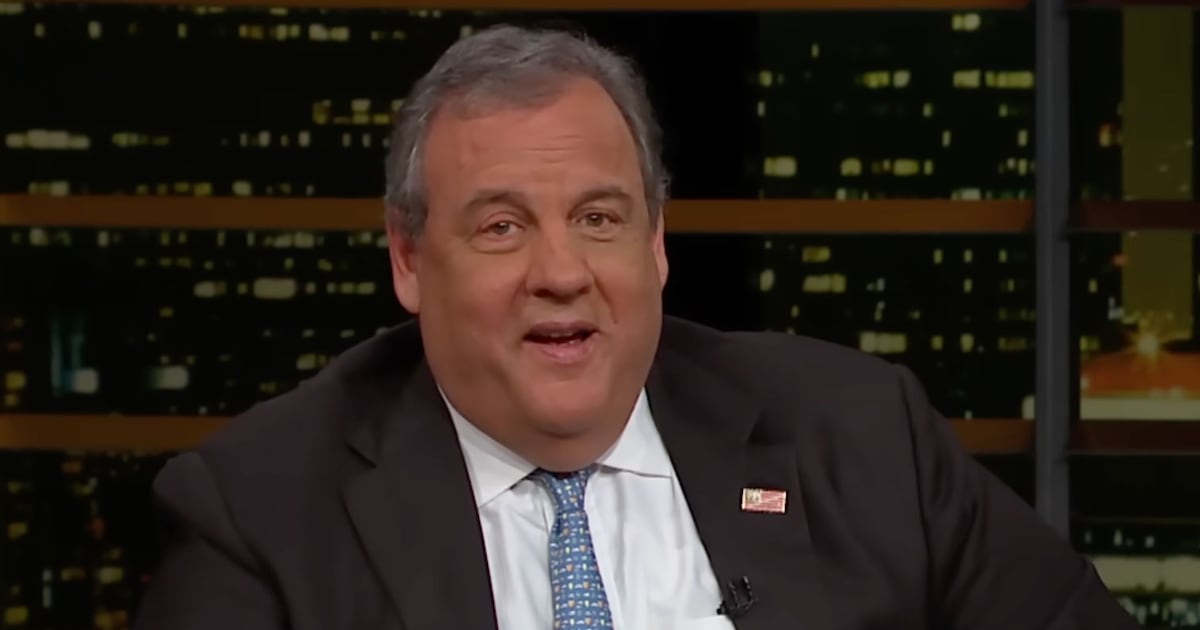The Sackler family and Purdue Pharma’s head of sales and marketing knew that doctors had misconceptions about the strength of OxyContin—but didn’t want to correct those myths, an investigation by ProPublica and STAT found. According to an email exchange and deposition, Michael Friedman told Dr. Richard Sackler in 1997 emails that it would be “extremely dangerous” for the product if physicians were made aware that the drug was “stronger or equal to morphine.” “We are well aware of the view held by many physicians that oxycodone [the active ingredient in OxyContin] is weaker than morphine. I do not plan to do anything about that,” Friedman wrote to Sackler. “I agree with you,” Sackler replied. In Sackler’s August 2015 deposition with Kentucky officials, he denied there was an effort to mislead doctors about OxyContin’s strength and insisted prosecutors were “misconstruing” words like “stronger” and “weaker” in the emails. In a statement to ProPublica, Purdue stood behind Sackler’s deposition. and said the drug’s label makes it “clear that OxyContin is twice as potent as morphine.”
In his deposition, Sackler also said he didn’t “believe” that OxyContin’s marketing “caused any of the prescription drug addiction problems” that were “plaguing” the state. This comes after previously leaked emails show that the Sackler family sought to push the blame on addicts rather than the potency of the drug.
Read it at ProPublica





